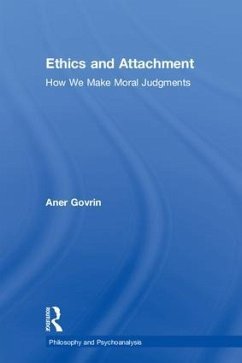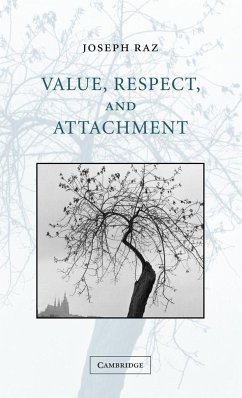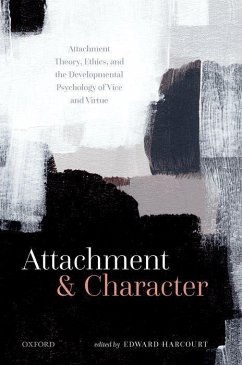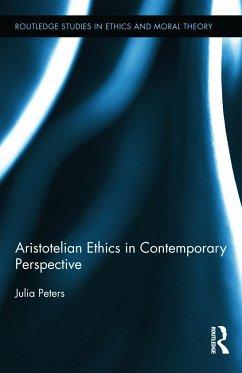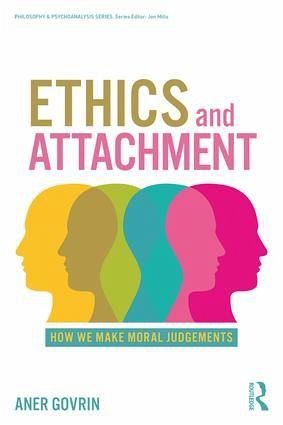
Ethics and Attachment
How We Make Moral Judgments
Versandkostenfrei!
Versandfertig in 1-2 Wochen
50,99 €
inkl. MwSt.
Weitere Ausgaben:

PAYBACK Punkte
25 °P sammeln!
Why are we disgusted when an elderly woman is robbed but sympathize with the actions of a Robin Hood? Why do acts of cruelty against a helpless kitten bother us more than does the trampling of ants?¿ In Ethics and Attachment: How We Make Moral Judgments, psychoanalyst and philosopher Aner Govrin offers the attachment approach to moral judgment, an innovative new model of the process involved in making such moral judgments.¿ Drawing on clinical findings from psychoanalysis, neuroscience and developmental psychology, the author argues that infants' experience in the first year of life provides...
Why are we disgusted when an elderly woman is robbed but sympathize with the actions of a Robin Hood? Why do acts of cruelty against a helpless kitten bother us more than does the trampling of ants?¿ In Ethics and Attachment: How We Make Moral Judgments, psychoanalyst and philosopher Aner Govrin offers the attachment approach to moral judgment, an innovative new model of the process involved in making such moral judgments.¿ Drawing on clinical findings from psychoanalysis, neuroscience and developmental psychology, the author argues that infants' experience in the first year of life provides them with the basic tools needed to reach complex moral judgments later in life. With reference to Winnicott and Bowlby, the author examines how attachments affect our abilities to apply to make moral decisions. With its wholly new ideas about moral judgments, Ethics and Attachment will be of great interest to ethics and moral philosophy scholars, law students, and psychoanalytic psychotherapists.





